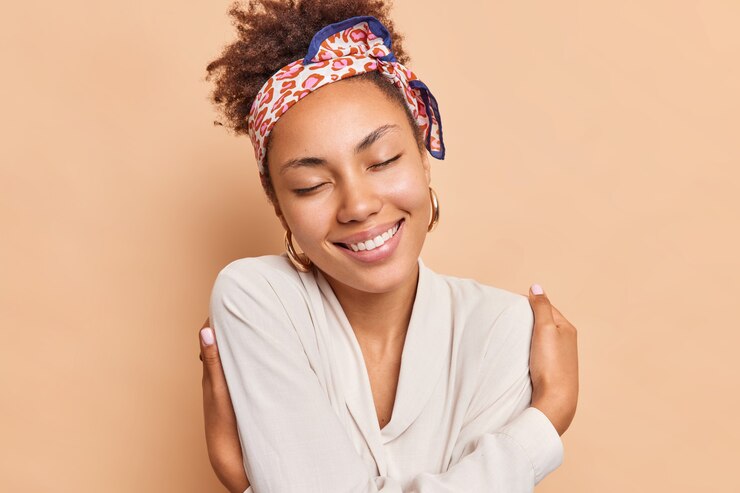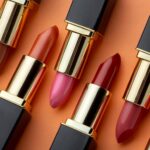Beauty is more than skin deep; it resonates within the chambers of our self-perception, influencing our confidence and well-being. The intricate dance between psychology and beauty reveals a fascinating interplay of emotions, societal standards, and personal beliefs. Let’s delve into the realm of the psychology of beauty and explore how our self-perception can profoundly impact our confidence.
The Power of Perception
Perception shapes reality, and when it comes to beauty, the way we see ourselves holds significant sway over our confidence levels. Research suggests that our perception of beauty is not solely dictated by external factors such as societal ideals but is deeply rooted in our individual experiences and self-esteem.
Society’s Influence
From glossy magazine covers to carefully curated social media feeds, societal standards of beauty can create a powerful narrative about what is considered attractive. These standards, often unrealistic and unattainable, can contribute to a distorted self-perception. Constant exposure to idealized images can lead to a phenomenon known as the “beauty ideal,” where individuals may feel pressured to conform to a narrow definition of beauty.
The Mirror of Self-Esteem
Our self-esteem acts as a mirror reflecting our self-perceived beauty. When we feel good about ourselves, our confidence soars, and we are more likely to see beauty in our reflection. Conversely, low self-esteem can cast a shadow on our perception, leading to a negative view of our appearance. This cyclical relationship between self-esteem and self-perception underscores the importance of nurturing a positive self-image.
The Impact of Positive Affirmations
Positive affirmations play a pivotal role in shaping our self-perception. When we focus on our strengths and unique attributes, we are more likely to view ourselves through a positive lens. Incorporating affirmations into our daily routine can help counteract negative self-talk and build a foundation of self-love and confidence.
Embracing Individuality
True beauty lies in embracing individuality. Recognizing that beauty comes in diverse forms and is not confined to societal norms can liberate us from the shackles of comparison. When we celebrate our unique features and quirks, our self-perception transforms, fostering a sense of authenticity and confidence.
The Role of Personal Grooming
While inner beauty holds paramount importance, personal grooming can be a powerful tool for enhancing self-perception. Taking care of our physical well-being, whether through skincare routines, hairstyles, or fashion choices, can contribute to a positive self-image. However, it’s essential to approach grooming as an act of self-care rather than a means of conforming to external expectations.
Confidence as the True Elixir
Confidence, often referred to as the “elixir of beauty,” radiates from within. When we feel confident, our posture changes, our smiles become genuine, and our interactions with others become more positive. Cultivating confidence involves a holistic approach that addresses both internal and external factors, reinforcing the idea that true beauty is a reflection of inner strength and self-assuredness.
The psychology of beauty is a complex tapestry woven from our perceptions, societal influences, and personal beliefs. Understanding the dynamic relationship between self-perception and confidence empowers us to navigate the beauty landscape with resilience and authenticity. By embracing our unique beauty, nurturing positive self-talk, and fostering confidence, we can embark on a journey towards a more fulfilling and empowering self-perception. Remember, beauty is not a one-size-fits-all concept; it is a kaleidoscope of individuality waiting to be celebrated.








